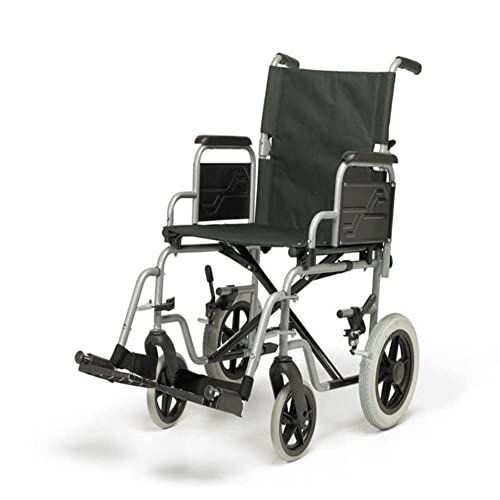Mobility Scooters: A Comprehensive Guide
Mobility scooters have actually become a necessary mode of transport for lots of people dealing with mobility difficulties. This short article explores the various aspects of mobility scooters, including their types, advantages, features, and a guide for prospective purchasers.
Understanding Mobility Scooters
Mobility scooters are electrically powered devices designed for people with minimal mobility. They provide a means of transport for individuals who may have problem walking but still desire to retain their self-reliance. They come in numerous designs and features to accommodate a broad range of needs.
Types of Mobility Scooters
Mobility scooters can usually be categorized into three primary types:
| Type | Description | Best For |
|---|---|---|
| Compact Scooters | These are small and lightweight, ideal for indoors and short trips. | Users with limited storage space or those who travel often. |
| Mid-size Scooters | A balance between mobility and stability, suitable for both indoor and outdoor use. | Those who need to cover a range of terrains. |
| Heavy-duty Scooters | Large and robust, created for rugged outside use and much heavier individuals. | Users needing additional weight capacity or going off-road. |
Key Features of Mobility Scooters
The choice of mobility scooter typically depends upon the features that align with individual requirements. Here are a few of the crucial functions to consider:
- Weight Capacity: Mobility scooters feature different weight limits. It is vital to choose a scooter that can effectively support the user's weight.
- Range: The range a scooter can take a trip on a single charge differs. Depending on user requirements, one may select scooters with a range of as much as 40 miles.
- Speed: Most mobility scooters can reach speeds between 4 to 8 mph. Consider what speed is comfortable and safe for the designated environment.
- Turning Radius: A compact turning radius is important for indoor use, permitting much easier navigation in tight areas.
- Battery Type: The kind of batteries used can affect the scooter's performance. Lead-acid and lithium-ion batteries are the most typical.
Benefits of Using Mobility Scooters
The benefits of mobility scooters extend beyond just transport. Some key benefits consist of:
- Independence: Users can navigate their environment without relying on caretakers, promoting self-reliance and self-confidence.
- Health Benefits: Using a scooter can motivate outside activity, leading to physical and mental health improvements by lowering sensations of seclusion.
- Convenience: Scooters can easily be run in various environments, whether inside your home, in mall, or outdoors.
Essential Considerations When Buying a Mobility Scooter
When buying a mobility scooter, several factors to consider can help ensure that you choose the ideal design:
Assess Individual Needs:
- Mobility level: Consider just how much help the individual will need.
- Series of usage: Determine where the scooter will primarily be used (inside your home, outdoors, on rough surfaces, etc).
Test Drive:
- Always test drive numerous models to find an appropriate fit. Take notice of comfort, ease of steering, and the scooter's responsiveness.
Review Safety Features:
- Look for scooters with appropriate security functions like lights, signs, and anti-tip designs.
Inspect Warranty and Service Options:
- A reliable service warranty and available service choices are essential for long-term usage.
Frequently Asked Questions about Mobility Scooters
1. How quick do cheap mobility scooters go?Mobility scooters usually have speeds varying from 4 to 8 mph, with a lot of developed for security instead of high-speed travel. 2. Are there weight limitations on mobility scooters?Yes, mobility
scooters come with particular weight limits, often ranging from
250 pounds to over 500 lbs, depending on the design. 3. Can mobility scooters be utilized indoors?Certain designs, especially compact scooters, are specifically developed for
indoor use and are easier to navigate in tight spaces. 4. How frequently do the batteries need to be replaced?Battery life can differ based upon usage, but typically, with appropriate care, batteries may last between 1 to 3 years before requiring replacement
. 5. Are mobility scooters covered by insurance?Coverage can differ, however some insurance strategies, including Medicare and Medicaid, might cover part of the cost. It's recommended to contact specific insurance suppliers. Mobility scooters function as a
important tool for many individuals, enabling them to preserve
their freedom and independence. By understanding the various types and functions of mobility scooters, people can make educated choices tailored to their specific needs.
Whether used for errands, mingling, or leisurely activities, mobility scooters can boost the quality of life for those with mobility restrictions. Buying a mobility scooter is a decision that can considerably affect a person's daily life. Therefore, individuals need to thoroughly examine their alternatives and pick a model that best lines up with their way of life and mobility requirements
.

